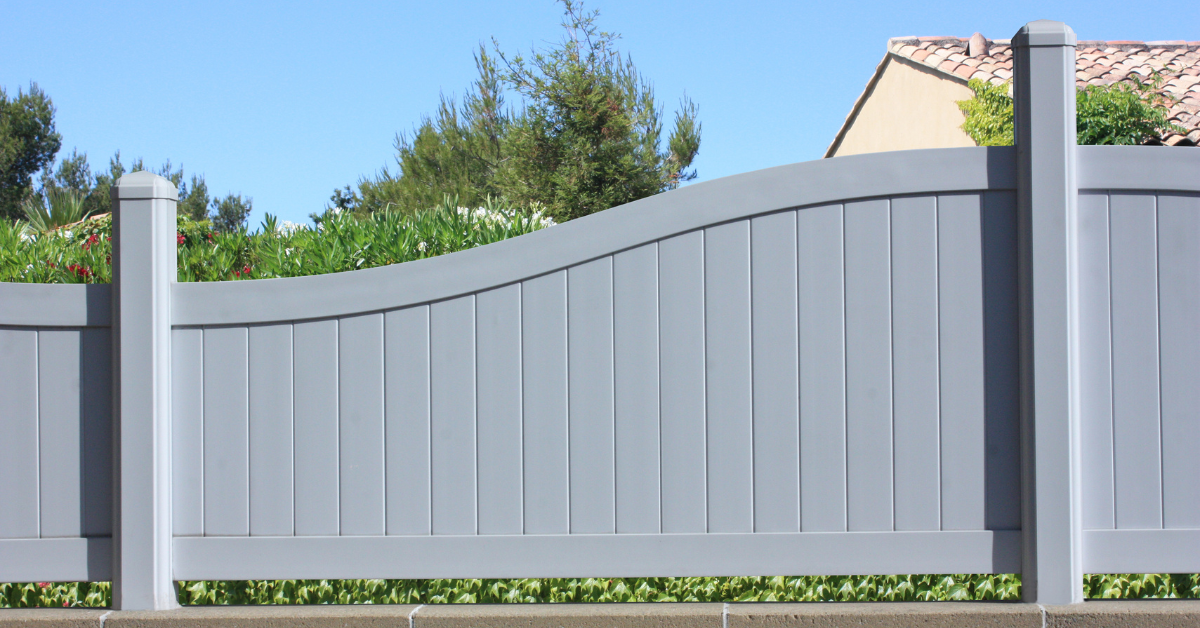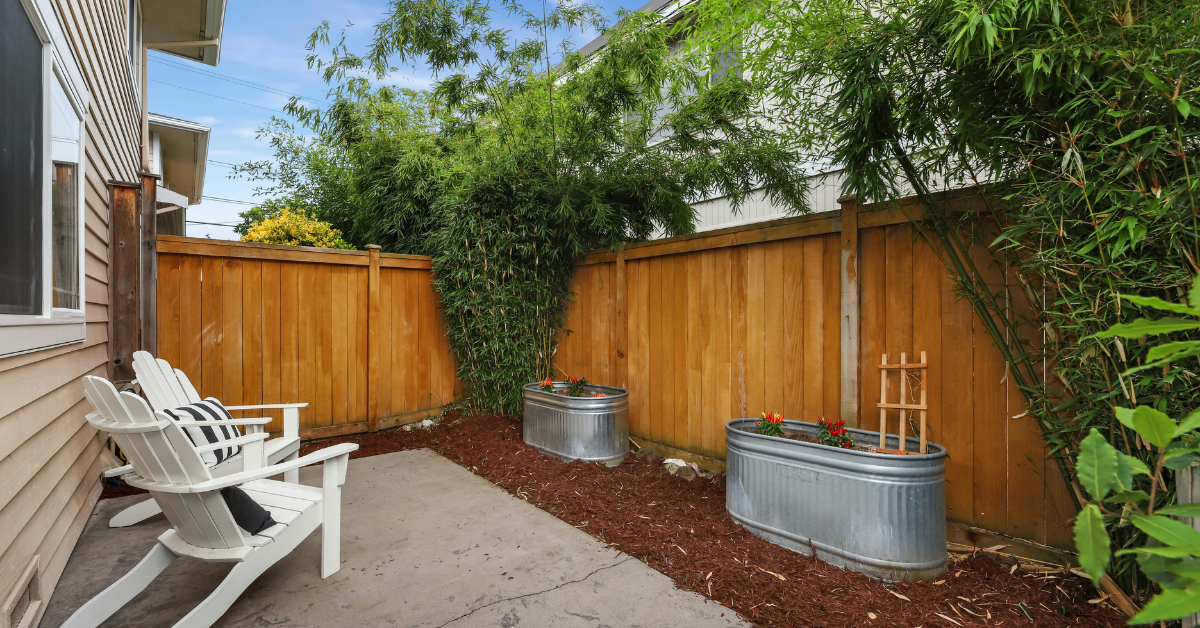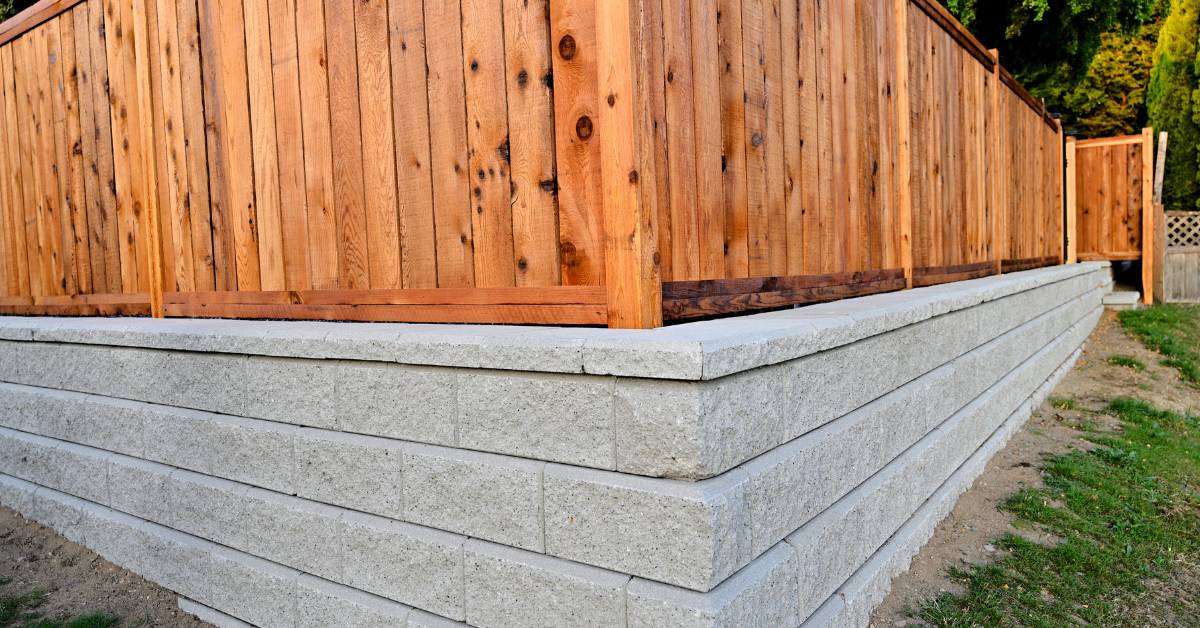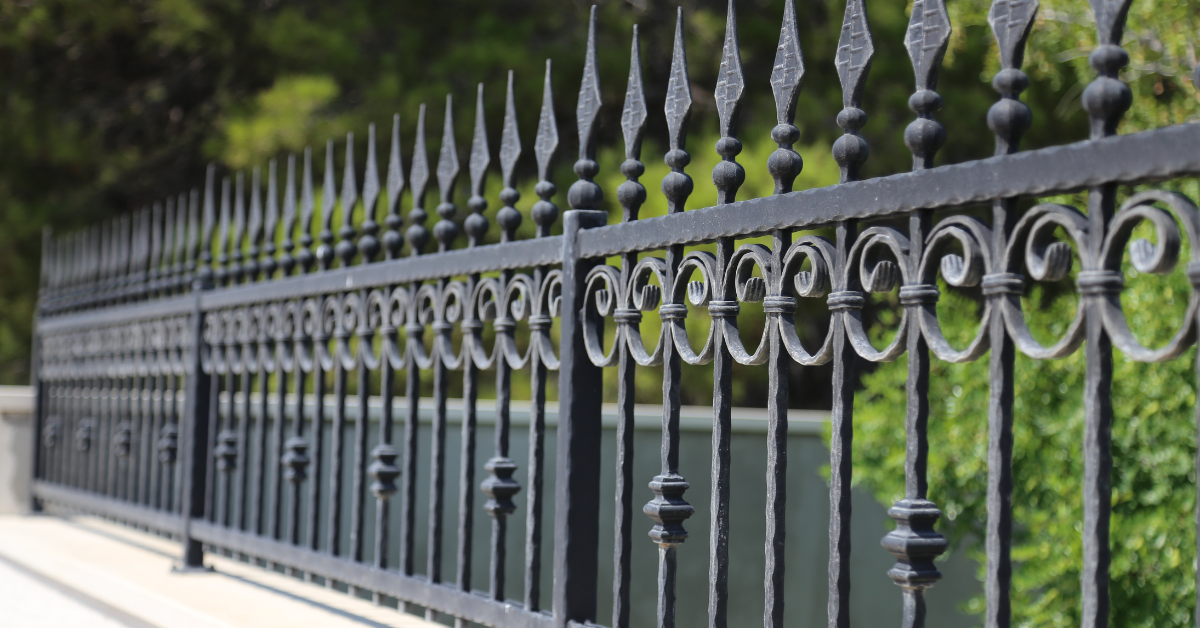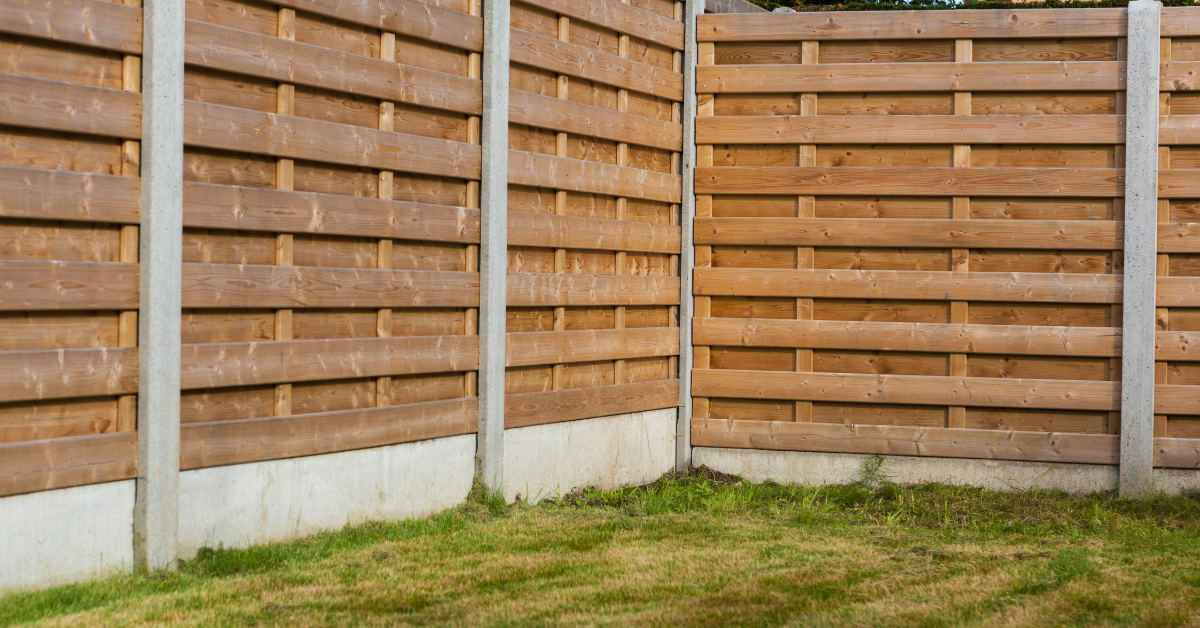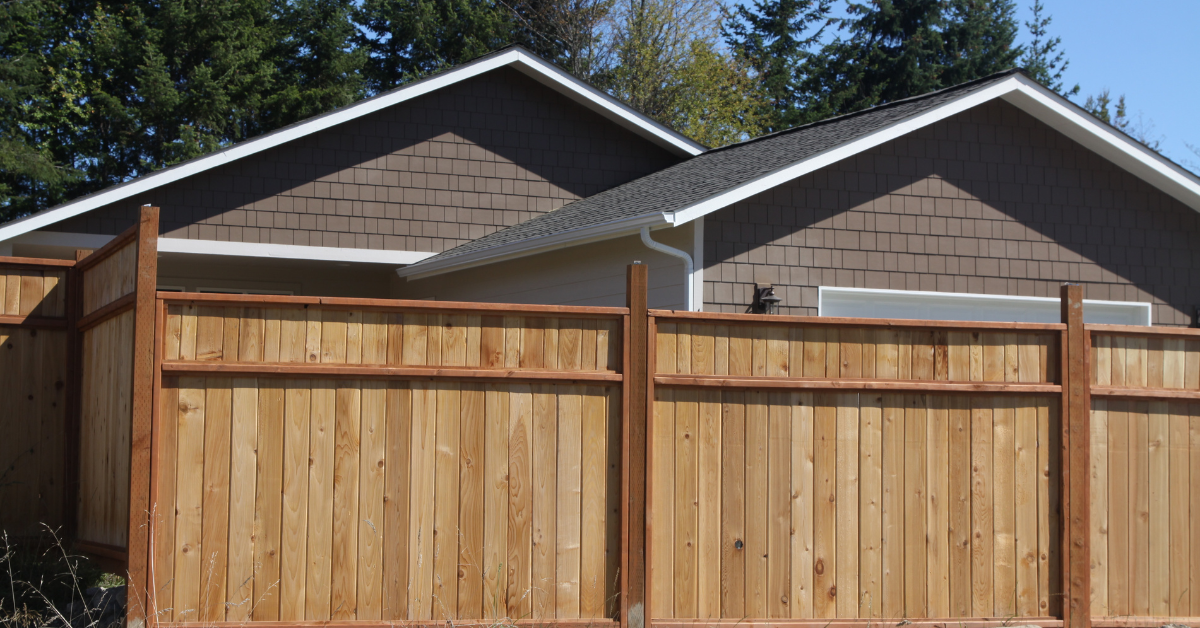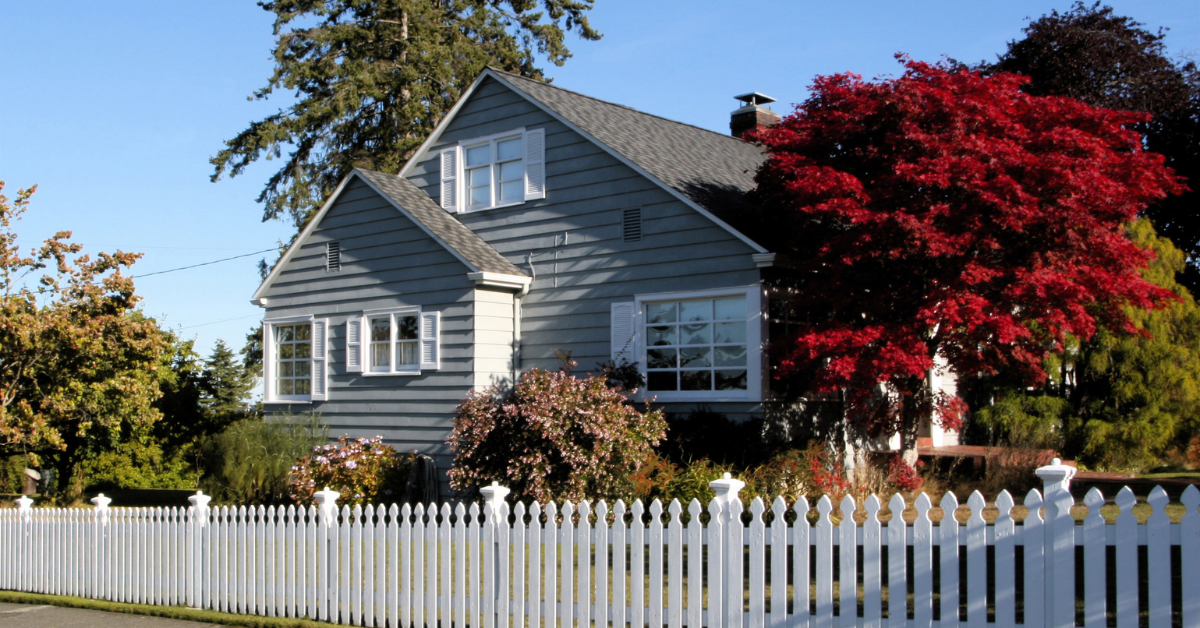How Weather Impacts The Work Of Your Fence Contractor
Weather plays a huge role in the quality and timing of any fence installation or repair. From heavy rains and strong winds to extreme heat and freezing temperatures, each season brings unique challenges that can affect the materials used and the overall durability of your fence. Understanding how weather impacts fence contractors helps homeowners plan better, avoid costly delays, and prevent damage that might require early repairs or replacements.
Fence contractors must carefully adapt to changing weather conditions to ensure every project meets safety and quality standards. Being aware of how different weather patterns influence the work can help you choose the right time for installation or maintenance. This knowledge protects your investment, ensures a longer-lasting fence, and keeps your property secure throughout the year.
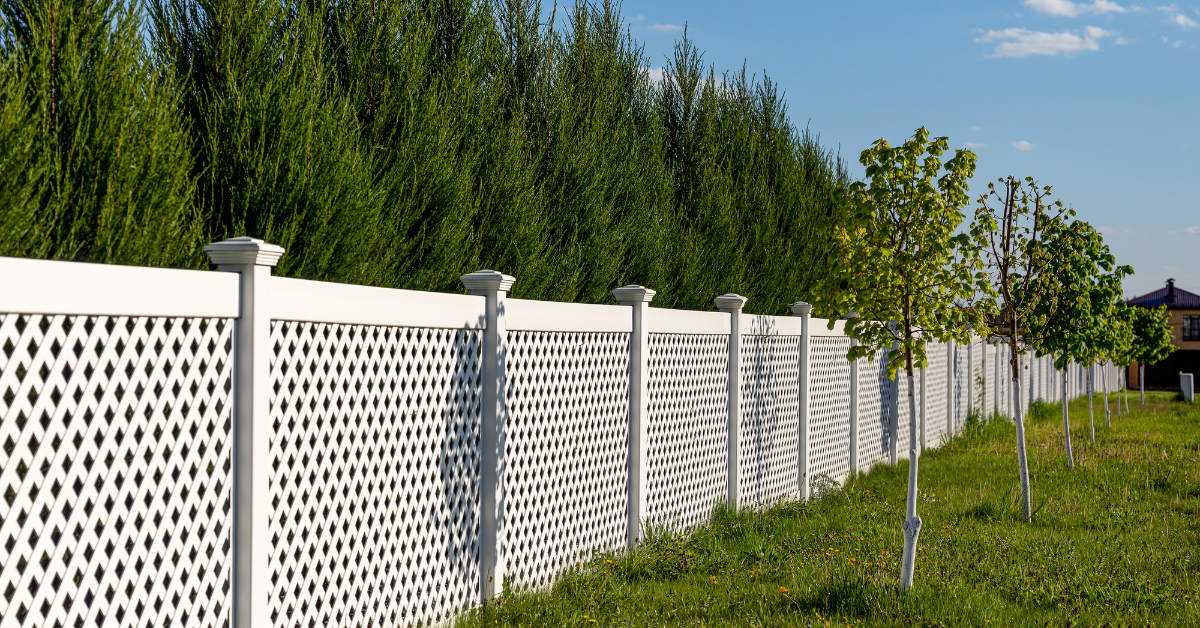
Seasonal Delays Fence Contractors Commonly Face
Each season presents a unique set of challenges that can delay fence projects. In winter, frozen ground makes digging nearly impossible, while in the rainy season, saturated soil can halt installation altogether. Fence contractors must navigate unpredictable conditions that affect timelines and material performance, often requiring schedule adjustments to ensure quality work.
Spring and summer, while ideal for outdoor work, can still pose issues such as extreme heat that affects both the crew and certain fencing materials. Understanding these potential seasonal setbacks helps homeowners plan accordingly and sets realistic expectations. It also allows contractors to optimize their workflow around weather patterns, ensuring safer, more efficient installations.
How Rainy Days Can Affect Fence Installation
Rain may seem harmless, but it can seriously delay fence projects. Wet soil becomes unstable, making it risky to set posts as they may shift or lean over time. In some cases, rainwater can pool in the post holes, requiring additional time and labor to dry the area before work resumes. This not only prolongs the project but can also affect the quality of the finished fence.
Fence contractors must consider weather forecasts when scheduling jobs, especially in regions prone to sudden showers. Planning ahead, using fast-drying concrete, or rescheduling for drier days ensures the fence remains stable and long-lasting. Rain doesn’t just inconvenience the timeline—it compromises structural integrity if not addressed properly.
Why Extreme Heat Is Tough on Fence Contractors
Scorching heat can make fence installation physically demanding and even dangerous. Contractors working under intense sun risk dehydration, heat exhaustion, and sunburn. Prolonged exposure to high temperatures doesn’t just affect people—it also impacts materials. Vinyl can become soft and pliable in extreme heat, increasing the risk of warping or bending during installation. Wood, on the other hand, may dry too quickly, leading to cracks or splits that weaken its structure.
To handle these challenges, experienced contractors adjust their approach. They often begin work earlier in the day or later in the afternoon to avoid peak sun hours. Frequent hydration, shaded rest breaks, and proper protective gear become essential to keep the crew safe. Sometimes, contractors choose heat-resistant materials or delay work slightly to ensure better results. Homeowners planning a summer fencing project should stay flexible, understanding that short delays may be necessary to prioritize safety and long-term durability for their fence.
The Impact of Frost and Freezing Temperatures
Freezing weather creates major obstacles for fence contractors. When the ground is frozen solid, digging post holes becomes extremely difficult, if not impossible. Even if digging is successful, pouring concrete in freezing temperatures can cause it to cure improperly, leading to weak foundations. Snow and ice also introduce additional risks on the job site, from slippery surfaces to equipment malfunction. Cold weather can even make certain materials brittle—vinyl and composite, for instance, are more likely to crack or break when handled in subzero temperatures.
Because of these difficulties, most contractors avoid full installations in harsh winter conditions unless it’s an emergency. Instead, they may focus on planning, material prep, or indoor fencing projects. For homeowners, it’s essential to recognize these limitations and schedule major fence work during milder months. Spring and fall often offer the most favorable conditions for fence construction, ensuring safer installations and reducing the risk of weather-related failures that could shorten your fence’s lifespan.
How Humidity Affects Fencing Materials
High humidity might not seem as intense as heat or frost, but it can quietly wreak havoc on fencing materials over time. Wood is especially vulnerable—it absorbs moisture from the air, causing it to swell, warp, or become a breeding ground for mold and mildew. If untreated or poorly sealed, wooden fences in humid climates may degrade rapidly. Metal components, especially if not galvanized or powder-coated, can also corrode faster due to persistent moisture exposure, leading to rust and eventual structural weakness.
To combat these effects, fence contractors working in humid regions often recommend pressure-treated wood, rot-resistant alternatives like composite, or galvanized metal. They also apply high-quality sealants and schedule installations during drier periods when possible. Extra precautions, like leaving small expansion gaps, can accommodate swelling and prevent damage.
Windy Conditions and Fence Installation Risks
Strong winds can cause more disruption than many homeowners expect during fence installation. Sudden gusts create safety risks for crews and can make it challenging to set posts accurately. Lightweight fencing styles or tall panels can act like sails, catching the wind and becoming unstable during the installation process. Wind-blown debris can also damage materials or pose a physical hazard to the crew. These conditions not only slow down the work but may result in misaligned or weak structures if not handled carefully.
To manage these risks, fence contractors may postpone installation on particularly windy days. In regions where high winds are common, contractors often recommend shorter, semi-private, or wind-resistant fence designs. They also utilize deeper post holes, sturdier anchoring methods, and bracing techniques to ensure the fence can withstand strong gusts once installed.
Planning Around Seasonal Weather Patterns
Fence contractors who are familiar with local weather patterns can provide more reliable timelines and better results. For example, spring may bring extended rain that can delay digging, while autumn winds can pose structural challenges. By understanding these patterns, contractors can plan around them—scheduling dry-weather installations, allowing extra time for drying or curing, and choosing materials suited for expected conditions. This kind of foresight is a key element in completing projects efficiently and safely.
Homeowners benefit greatly from planning their fence installations around these seasonal cues. Working with a contractor who considers local climate trends means fewer delays, less material damage, and a higher-quality fence. Whether you’re scheduling in advance to beat the winter freeze or waiting until after spring showers pass, timing can significantly impact project outcomes.
Choosing the Right Materials for All-Season Durability
Not every fencing material is built to withstand a wide range of weather conditions. Wood is susceptible to moisture, which can lead to rot and warping in wet or humid environments. Vinyl, though low-maintenance, may become brittle and crack in freezing temperatures or warp in high heat. Metal fences, while strong, can rust if not properly treated or coated. That’s why choosing the right material is one of the most important decisions in any fence project.
Experienced contractors help guide homeowners toward the best materials for their local climate. In humid regions, pressure-treated wood or composite options offer better durability. In areas with freezing winters, flexible vinyl or treated lumber with weather-resistant finishes are good options. Galvanized or powder-coated metal is ideal where corrosion is a concern.
Conclusion
Weather affects every phase of a fencing project—from planning to installation and long-term durability. Whether it's rain delaying your schedule, extreme heat stressing materials, or frost halting digging efforts, each element of nature requires expert attention. Knowing how different conditions impact fence work allows you to make smarter decisions and ensures your fence lasts longer.
At Solanos Fence, we understand how to work around weather challenges while keeping quality and safety at the forefront. If you’re planning a fencing project in any season, reach out to us at +1 (973) 220-7638 or visit us at 1275 Bloomfield Ave Building 3 Suite 51, Fairfield, NJ 07004. Let us help you build a fence that’s made to withstand the elements.
Ready to work with Solanos Fence?
Let's connect! We’re here to help.
Send us a message and we’ll be in touch.
Or give us a call today at 973-220-7638

